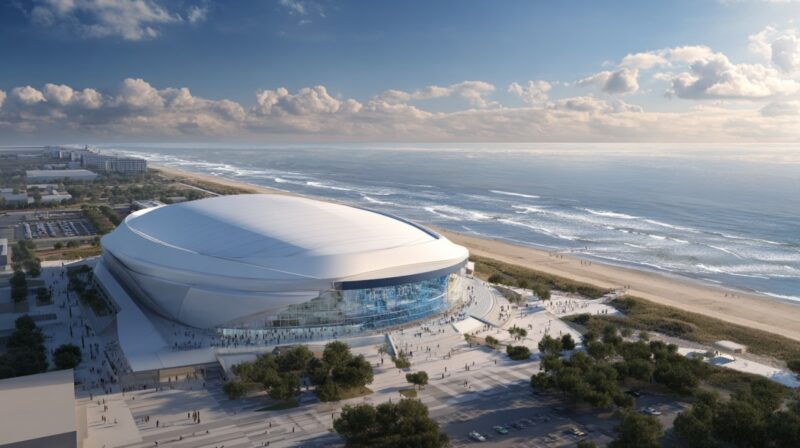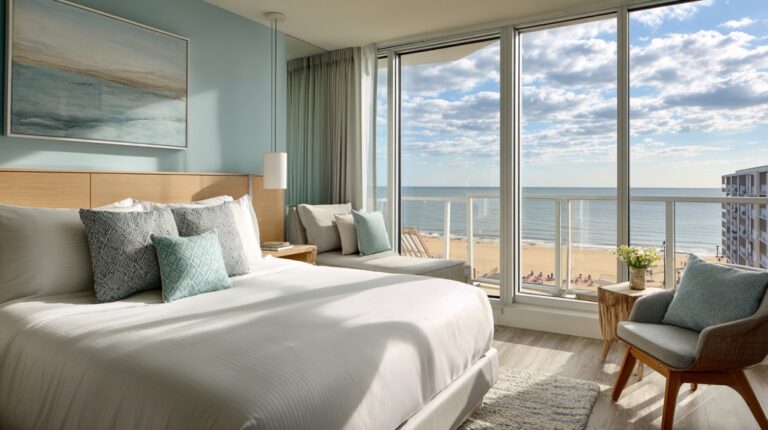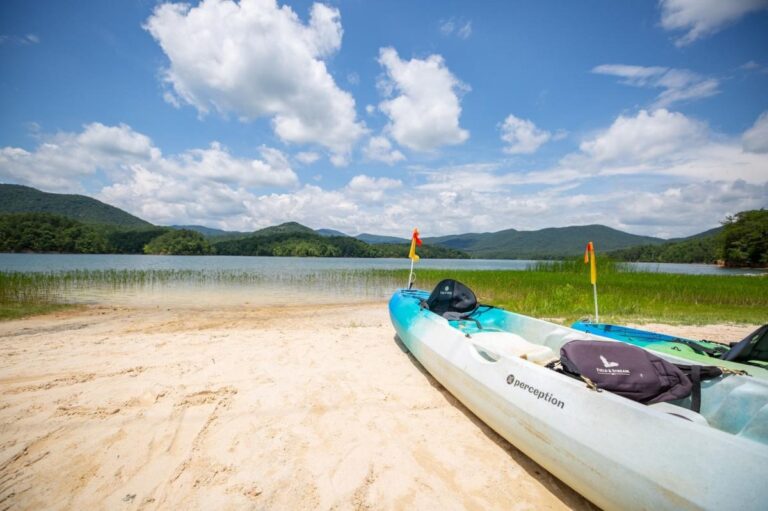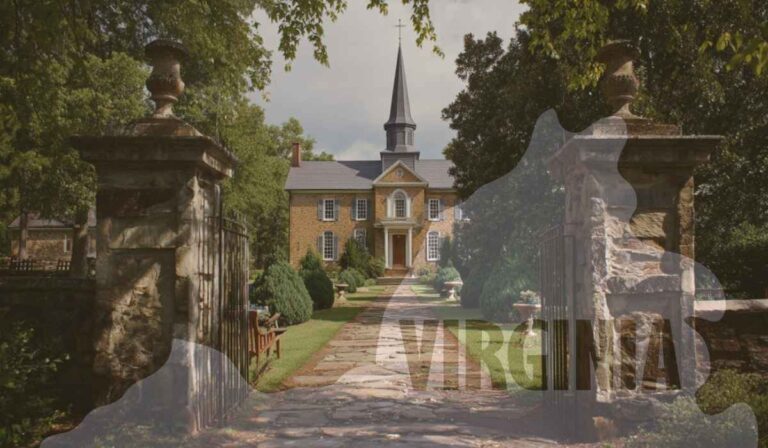A major proposal has been set forth to create a 20,000-seat indoor multipurpose arena in Virginia Beach.
The vision is to provide a world-class venue designed to host professional sports, concerts, and large-scale events.
Proponents believe it will strengthen tourism, generate new jobs, and create a cultural hub at the oceanfront.
At the heart of the project is Coleman Ferguson, a local small business owner who has dedicated himself to pushing the idea forward.
Table of Contents
ToggleMotivation & Background
Virginia Beach has long lacked a major indoor arena capable of attracting top-tier entertainment and professional sports.
Despite being one of the largest cities in the United States, residents still find themselves traveling to Norfolk Scope or Hampton Coliseum when they want to see major shows.
Frustration has grown as opportunities to see world-class performers like Beyoncé or nationally televised sports consistently bypass the city.
Ferguson’s personal journey sparked the concept of Neptune’s Pinnacle.
After years of driving to other cities for concerts, games, and entertainment, he recognized that Virginia Beach could and should provide a modern alternative.
That realization was not only about convenience but also about pride in offering residents the chance to enjoy big events in their own community.
Ferguson’s belief is that the city deserves to be on the same level as other metropolitan areas with arenas that can attract headline acts and professional leagues.
- Residents currently leave the city for concerts, sports, and entertainment.
- Norfolk Scope and Hampton Coliseum are outdated and unable to meet current demands.
- Desire to host major tours, professional teams, and family entertainment locally.
- Personal drive from Ferguson’s dissatisfaction with traveling to other regions.
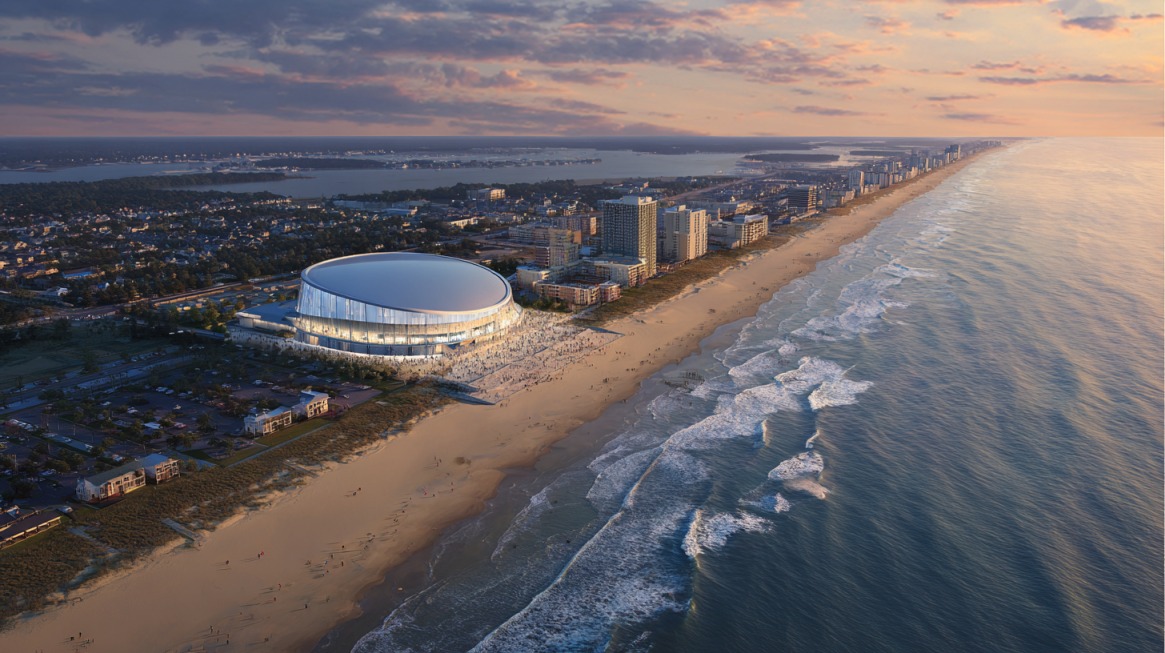
Project Details
Neptune’s Pinnacle is the tentative name selected for the proposed arena.
Branding aims to highlight both Virginia Beach’s identity and its broader ambitions.
Ferguson has gone so far as to propose the team name “Virginia Beach Frogmen,” a tribute to Navy SEALs and the city’s strong military ties.
Plans reveal a sleek design supported by modern renderings and mockups.
Ferguson has stressed that Neptune’s Pinnacle would not be just another arena but a centerpiece of culture and entertainment.
Seating capacity is projected at 20,000, aligning with major U.S. venues that attract professional teams and large concerts.
Cost estimates range between $300 million and $700 million, depending on the final site and design specifications.
- 20,000-seat capacity with modern amenities.
- Branding concepts already released to the public.
- Event flexibility for concerts, sports, and family shows.
- Long-term ambition to attract NBA or NHL franchises.
- Ferguson’s mention of Baseball events as part of programming options.
Funding Strategy

Unlike many previous proposals in Virginia Beach, Ferguson stresses that this project will not place any burden on taxpayers.
Instead, Neptune’s Pinnacle is built around a private investment model designed to ensure financial independence.
Community crowdfunding plays a central role, providing residents the chance to invest directly in the arena’s future.
Shares would start as low as $50, opening the door for broad participation.
Supporters could benefit from a range of incentives tied to their contributions.
Ferguson has outlined a system that not only acknowledges investors but also rewards them with tangible perks.
- Early access to ticket sales.
- Public recognition opportunities, such as name displays.
- Influence over in-arena food and beverage options.
To make the model fully compliant, Ferguson is pursuing approval under a Regulation A+ filing with the Securities and Exchange Commission.
Crowdfunding platform DealMaker has been tapped as the vehicle to support this process.
While Ferguson reports over $4 million in pledged interest, legal restrictions prevent any collection until the proper framework is approved.
His confidence remains high that a broad coalition of local investors will transform the project into a reality.
Public Engagement
Community participation has been treated as more than a formality.
Ferguson insists on transparency and aims to build trust by directly involving residents.
A public town hall has been scheduled at Gala 417, Ferguson’s own venue, as a platform for sharing details and collecting feedback.
- Economic impact and job creation tied to the arena.
- Types of events residents want to see hosted.
- Questions and concerns about financing and location.
In his words, an arena cannot succeed without genuine buy-in from the community it is meant to serve.
Potential Locations
Three potential sites are under consideration, each carrying its own advantages and limitations.
The preferred site remains the oceanfront near the Convention Center, offering proximity to existing infrastructure, hotels, and attractions.
Two other areas, Princess Anne and Northampton, provide additional possibilities based on available land and transportation access.
- Oceanfront near Convention Center: existing infrastructure, prime visibility.
- Princess Anne: larger land availability, potential for broader development.
- Northampton corridor: close to airport and interstate, strategic access.
Ferguson emphasizes that accessibility, parking, and integration with future city growth will guide the decision-making process.
Both city-owned and private parcels are being evaluated, with public input likely to play a major role in the final outcome.
Partnerships and Controversies
Ferguson’s promotional efforts faced early scrutiny when his website listed major firms such as Mortenson Construction, AEG, and Dominion Energy as partners.
Ferguson later admitted these names were aspirational, meant to represent companies he hoped to work with rather than confirmed partners.
The incident created doubt among some residents, particularly given the city’s history with failed arena proposals.
In 2017, a prior effort collapsed when financing could not be secured.
Ferguson argues that his plan differs by relying entirely on private investment rather than public funding, which he claims was the downfall of earlier projects.
- Miscommunication around listed partnerships.
- Comparisons to the failed 2017 Virginia Beach arena deal.
- Concerns about financial feasibility and transparency.
Skepticism remains, but Ferguson’s determination and shift toward community-driven investment provide a fresh contrast to past attempts.
Supporters continue to rally behind his vision, while critics watch closely to see if the project can overcome its early obstacles.
Summary
Neptune’s Pinnacle remains a bold and ambitious proposal, filled with both opportunity and uncertainty.
Ferguson’s vision combines community-driven funding, a passion for sports and entertainment, and a desire to elevate Virginia Beach’s profile.
Public engagement, regulatory approval, and sustained investor confidence will determine the project’s future.
A dream of bringing a major sports and entertainment venue to Virginia Beach continues to energize conversations, fueling optimism that the city may one day celebrate its own large-scale arena.


